I don’t know about you, but I always find this weekend after Thanksgiving to be a little strange. Here is a weekend when we can barely clear the plates at the Thanksgiving dinner table before we have to make room for Christmas. And I’m not talking about the religious observance of the Incarnation of our Lord, but rather all the secular trappings of that holy day. It begins about Halloween, or maybe a little earlier, when you start to see the stores slowly make room for the Christmas stuff. They sneak in some “holiday” signs here and there, and start to weave the garland into the end of the aisles, just past the Halloween costumes. On Thanksgiving day, you get about a thousand emails from every store or business from whom you’ve ever purchased anything.
And then there’s Black Friday itself, which now starts bright and early on Thursday morning – Thursday, you know, Thanksgiving Day. We then get to be treated to Small Business Saturday and Cyber Monday. What a commercial mess this has all become, what a sad commentary on what makes our society tick. We barely have time to gather up the pumpkins and corn stalks and autumn leaves before we have to set out the Christmas stockings and brightly-lit trees and candy canes.
Now, I will say this. There are times in my life, this year included, when the joy of Christmas is definitely welcome, and I’ll celebrate it as long as I possibly can. So I’ve been listening to Christmas music, and have watched more than my share of Hallmark Christmas movies with Mom over the past several weeks. I like to celebrate Christmas all the way until February 2nd, the feast of the Presentation of the Lord. So I’m in it too.
But I find that this rampant consumerism is really just part of the ambient noise of our society. From television to social media to email spam to Christmas jingles on the store loud-speakers, the noise never seems to stop. Whether it’s political bantering and bureaucratic infighting, or the latest pop culture scandal, it seems like there’s always a lot of noise going on. And we could add to that our own noise: sin in our lives, unaddressed family strife, and so much more. It’s no wonder we often have the television on as background noise, we seem to clamor for it.
But all that noise comes at the peril of our spiritual lives. The noise fills up the space that God wants to use to speak words of encouragement, solace, or challenge. When we are constantly listening to other things, we can’t hear the voice of God who wants to be part of our lives, who wants to give us himself.
The emotions we feel at this time of year are palpable and often conflicted. The Church knows this, and in Her great wisdom, gives us the season of Advent every year. It’s a season that recognizes that there is this hole in our hearts that needs to be filled up with something, and can be filled up if we will just be quiet and make space. That something isn’t going to be an item you can pick up on Black Friday, or a trite holiday jingle, or even a peppermint mocha latte. Those things can’t possibly fill up our personal sadness, or the lack of peace in the world, or the cynicism and apathy that plague our world and confront us day after day.
And so in our readings today, rather boldly, the Church is telling us to cut out all of this nonsense and get serious about our eternity. Because if we’re only living from Black Friday to Cyber Monday, we are going to be left behind with our cheap electronics and gaudy trinkets, and have none of the real riches of the Kingdom of God.
And so our first reading, from the second chapter of Isaiah’s prophecy, has us taking a step back to look at our lives: “Come, let us climb the LORD’s mountain, to the house of the God of Jacob, that he may instruct us in his ways, and we may walk in his paths.” We need to go a little higher and look down on what we’ve become in order to see how we fit into the bigger picture. Do we see ourselves as concerned about peace and justice in the world, looking out for the needs of the needy and the marginalized, blanketing our world in holiness and calling it to become bright and beautiful as it walks in the light of the Lord?
Or do we take part in those deeds of darkness that Saint Paul writes about in his letter to the Romans today? Do we participate in these dark deeds to the point of giving scandal to those who carefully watch the activities of people of faith? If we do, then Saint Paul clearly commands us to get our act together: “Let us then throw off the works of darkness and put on the armor of light. Let us conduct ourselves properly…”
So this Advent season is clearly about something more than hanging up pretty decorations for a birthday party. It’s about something more than perpetuating rampant consumerism and secularism. And it’s definitely about more than participating in the same old noise we encounter all the time. The stakes are too high for that. Because while we are distracted by all of that ambient noise, we are in danger of missing the joy for which we were created. Just as in the days of Noah, as Jesus points out in our Gospel today, people were eating and drinking, marrying and giving in marriage, so it will be in the coming Day of the Lord. Just as those oblivious ones were surprised by the flood, we too are in danger of being surprised by the second coming. God forbid that two men are hanging lights on the house when one is taken and the other is left. Or that two women are getting some crazy deals at Kohls and one is taken and the other is left. Or that two people are having a Twitter feud and one is taken and another is left. We have to be prepared, because at an hour we do not expect, our Lord will certainly return.
Don’t get me wrong: the return of our Lord is not something to be feared. Indeed, we eagerly await that coming in these Advent days. I’m just saying that if we aren’t attentive to our spiritual lives, if we don’t create a space for silence and reflection, if we aren’t zealous about living the Gospel, if we aren’t intentional about making time for worship and deepening our relationship with the Lord, then we are going to miss out on something pretty wonderful. And that pretty wonderful thing isn’t in the far-off, distant future. If we quiet ourselves and open our eyes, He’s right in front of us, walking with us, calling us to become more than we are, to become the glory for which we were created. We have to stay awake, we have to turn off the noise, we have to live in the Lord’s daylight and not prefer the world’s darkness. We have to eagerly expect our Lord’s birth into our hearts and souls, right here and now, and not in some distant day.
Or we’ll miss it. God forbid, we’ll miss it.
So I am going to give you some quiet time right now, and also after Communion. I want to give you an opportunity to pray in that silence.
So, in these moments of silence, I invite you to take a moment to call to mind something positive you’ve been meaning to do. Maybe it’s a practice of prayer, or getting up on time, or exercising regularly, or reaching out to a friend or family member you haven’t talked to in a while. If you’re like me, you could come up with a whole list of those things, but I want you to call to mind the one that is most tugging on your heart right now. In these moments of silence, I invite you to talk to Jesus about that thing. Offer it to him, and ask him for the grace to accomplish it, or at least begin it, in these Advent days. And then listen for his support of you in that endeavor.

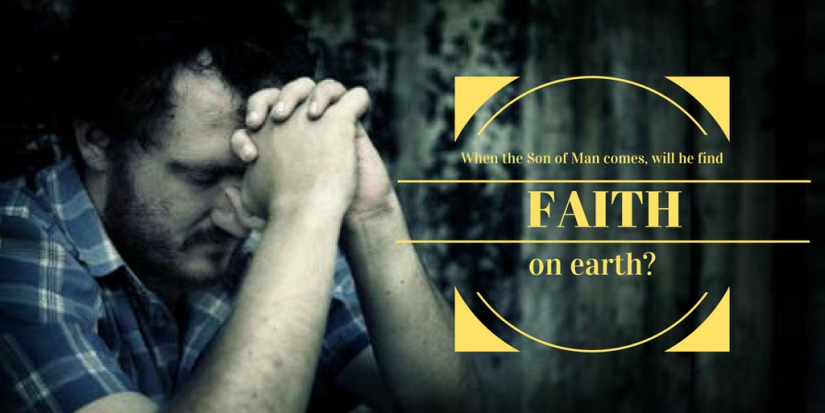

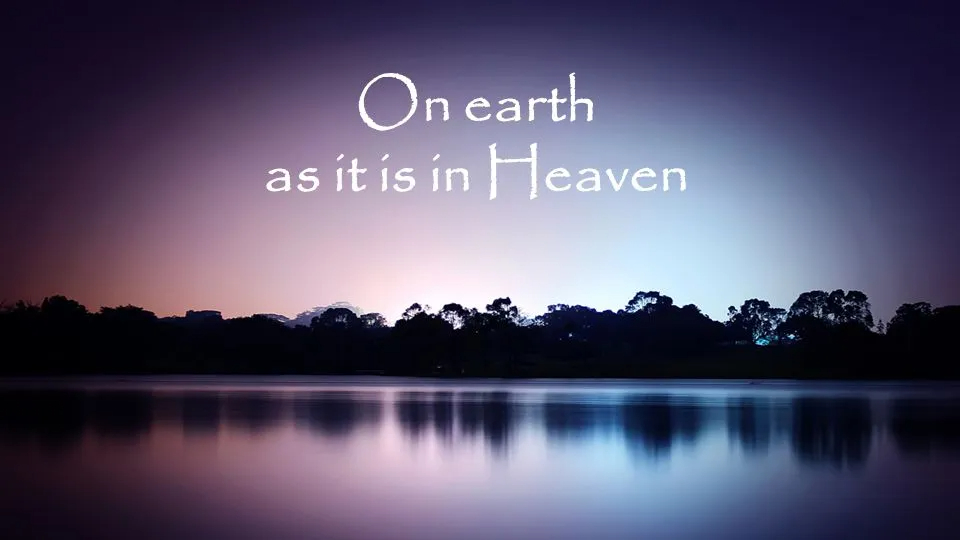
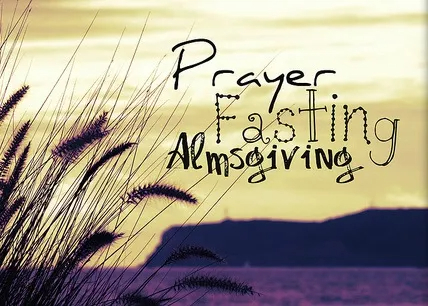


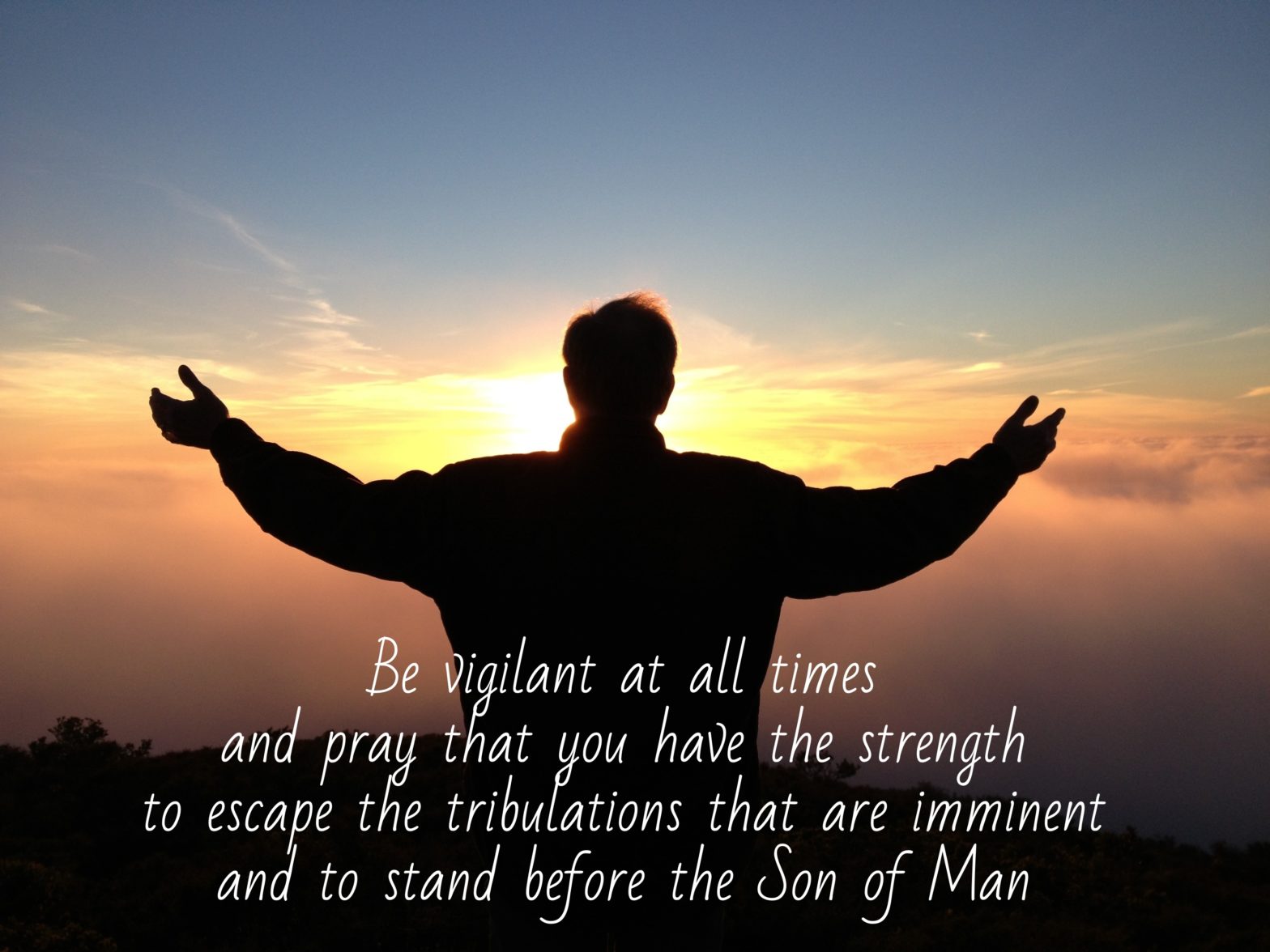
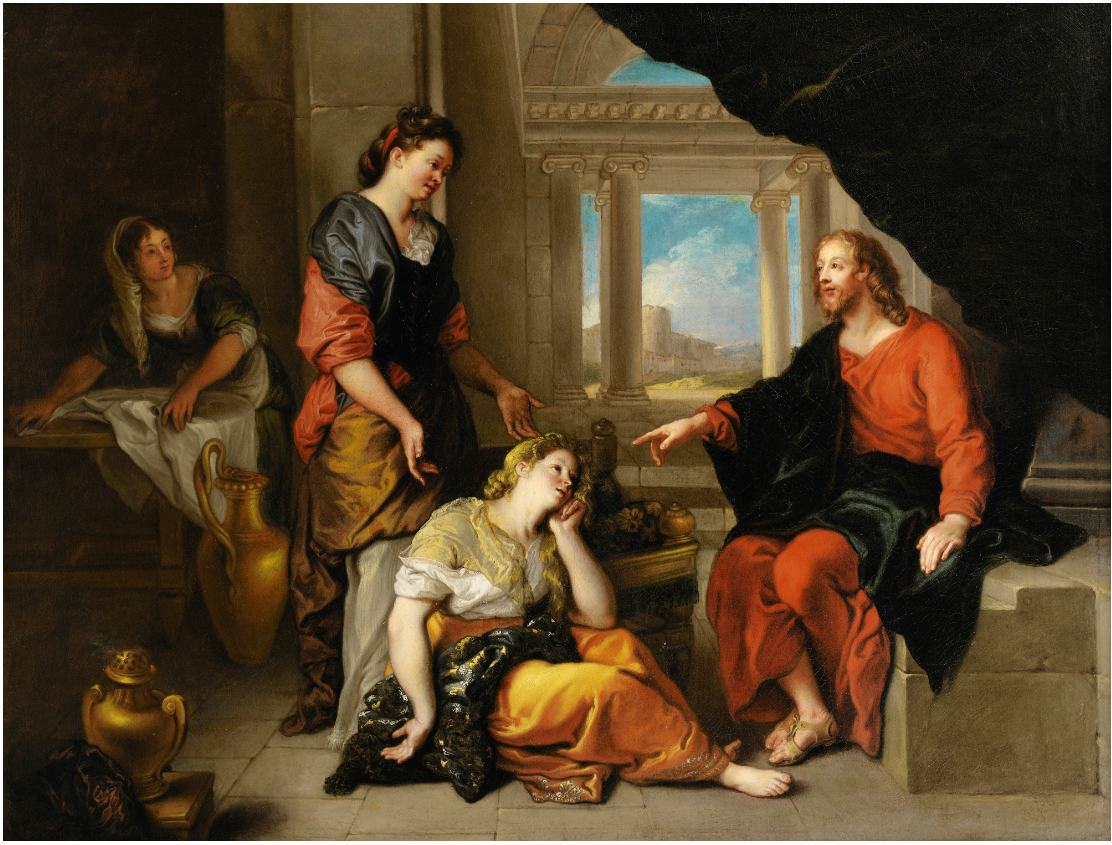

You must be logged in to post a comment.